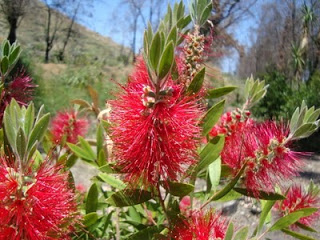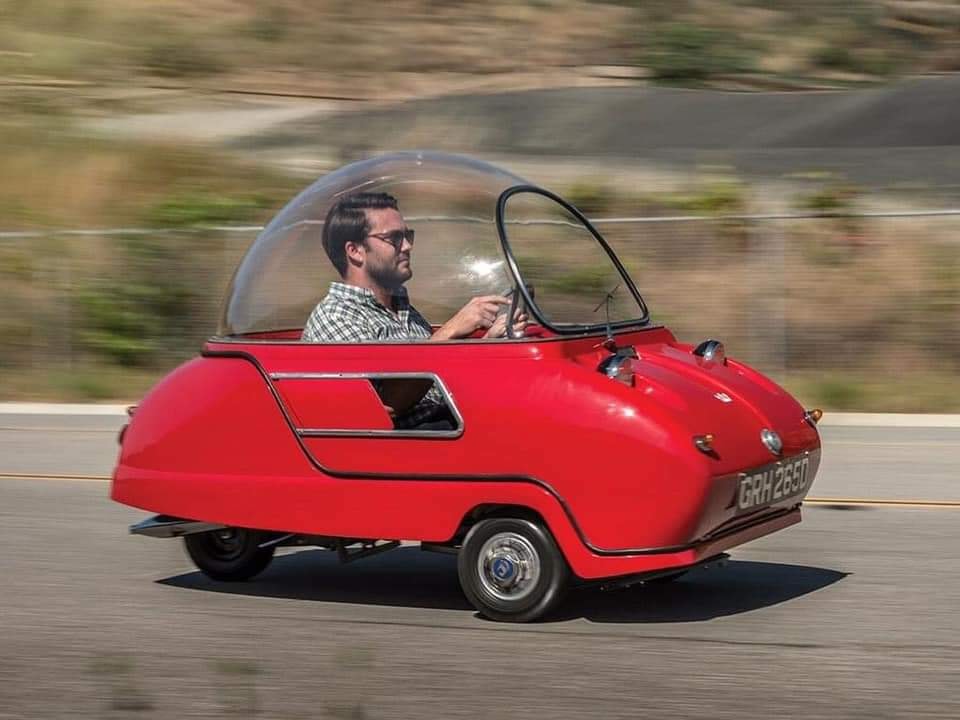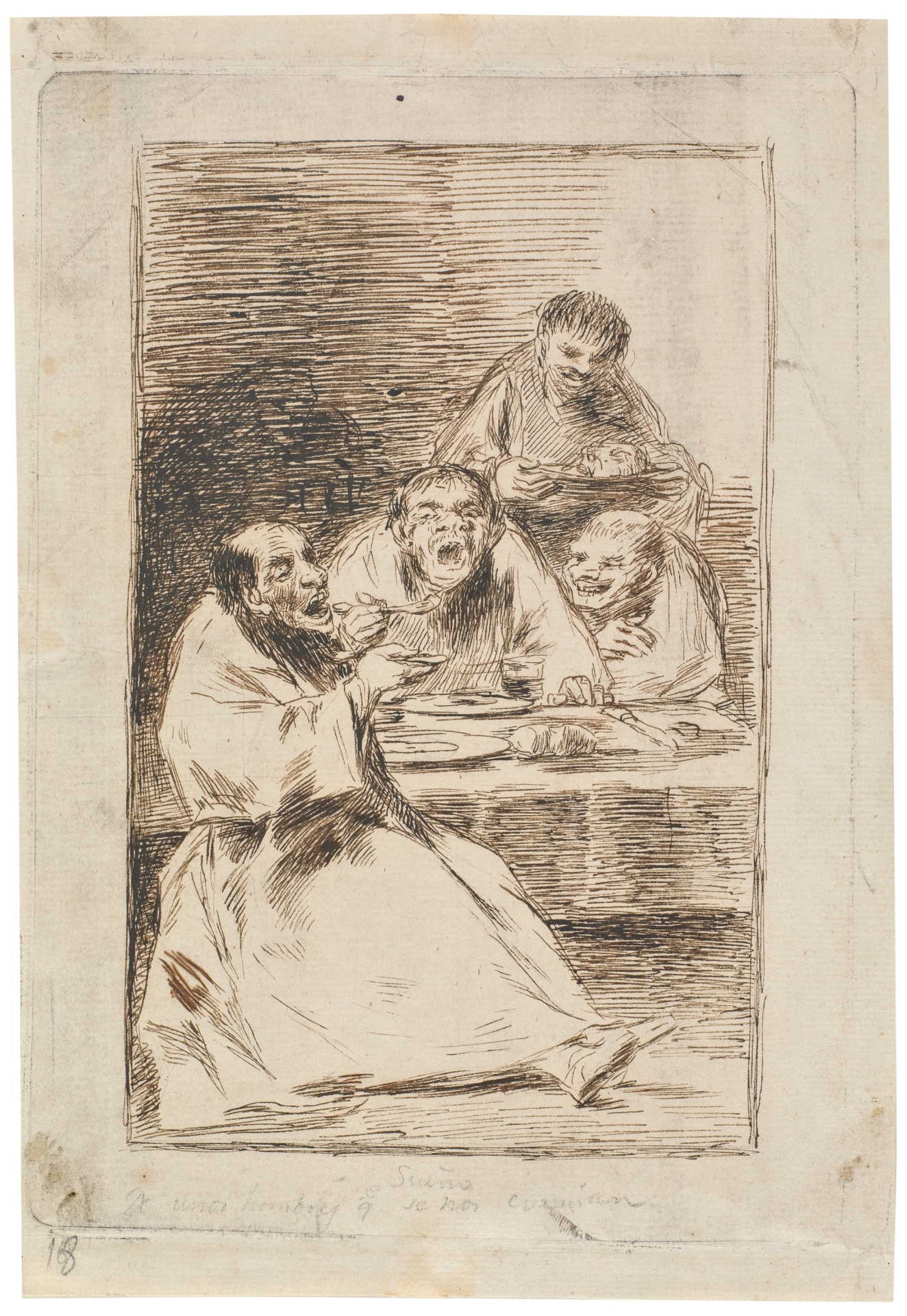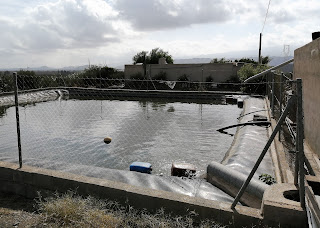In the old days, it was easy enough to find frogs. They would be croaking in some corner of the garden or leaping into a nearby pond. Sometimes there would be hundreds of miniature amphibians, perfect but tiny, wandering around the edge of a pool as if on their first morning stroll. Nice little chaps, frogs.
‘I say waiter, do you have frogs legs’.
‘Oui, monsieur’.
‘Splendid. Hope over the counter, would you, and get me a sandwich’.
I had read in the paper that a large pond in some pueblo in the province was full to bursting of ‘renacuajos’, tadpoles. It would have been what editors call ‘a slow news day’. The reason this interested me was because we have had a lot of mosquitoes lately and if there’s one thing that enjoys a good meal of these horrible insects, it would be frogs. The bugs are out now, and biting. Besides which, the pump in our swimming pool is bust so I can’t empty (and paint) the piscina and I don’t want to get into trouble and be blamed for the clouds of mozzies by the neighbours. I also want to do my bit for the environment, so won’t be buying any nasty sprays. Best thing for everybody would be a shovelful of frogs tossed into the deep-end.
All I needed to make this plan a success was a bucket-load of the little critters collected from the local pond or some handy reserve of stagnant water.
In the old days when I was a boy and first exhibiting an interest in the small animals and insects that surrounded me, I would catch a few sticklebacks with a jam-jar and a bit of string while wearing flannel shorts and Start-rite shoes stuck gamely in some mud. This would be a rather hit or miss affair at best; but now I am glad to say that I am rather more hi-tech in my hunting.
I get my boy to do it.
We are spoilt for choice at the moment, with lakes, ponds, pools, gullies, reservoirs and endless puddles all full from the heavy rains over the past months. This blessing from the skies, apart from causing a welcome surge in the roof-repair business locally, has brought a wondrous crop of wild flowers to stipple the hills and fields with every colour that Nature can imagine, and is now causing the first stirrings of insect-life, bees, butterflies, glow-worms, dragon-flies and, of course, mosquitoes.
It was a warm day and there wasn’t much doing so we went down to the ‘creek’ up past Turre, where the steep and narrow bridge dog-legs over the gulch, at the narrow bit of the Rio Aguas as it splutters its way down from the snowy mountains far inland. There’ll be frogs there. You can park the car off the road at the top in some handy ditch, deep in a patch of wild flowers. The descent to the river-bed is tricky, as it’s all overgrown, but we made it safely to the bottom, jam-jars and bits of string quivering with excitement. Years ago, there used to be small black terrapins living down there and it was worth the odd inconvenience of a shoe full of water to catch them. Now, in a small and localised example of extinction, there’s none left. Just water-boatmen, caddis flies and mosquitoes perched in the branches of the trees. It is a peaceful place down there under the bridge, although something felt wrong, as if we were being watched. A bit creepy. We saw the dried husks of some dead swallows tossed violently around in the undergrowth. There didn’t seem to be any frogs about so, unsettled, we soon left.
We drove back and went down to the riverbed near our house, where the winter rains have collected into what turns out to be quite a large lake. The gravel-grovelers in the rambla appear to have built this for some reason or other with their bulldozers and tractors. There were some large aquatic birds scudding across the surface and I heard the call of a lone bullfrog but we couldn’t find much sign of life once we had climbed down to the edge, apart from the floating body of a dead goldfish. How on earth did that get there?
The town hall will need to spray this expanse of water soon, as the season’s mosquitoes are larger than normal and they are getting hungry. Perhaps the dreaded global warming or something strange in the water is doing it. The story is, and you may have heard this already, the mosquitoes are so big this year that their wings have atrophied and they have lost the power of flight. They are said to run along the ground after their pray, like asthmatic rabbits. Two or three bites from these things can easily empty a leg.
We return home and I feed the chicken some dog-food (which it seems
to prefer over rooting around in the garden). The eggs are a trifle
gamey but they are regularly laid and the shell is certainly strong. You
have to  break them with a hammer.
break them with a hammer.
There’s a pond way up above the pueblo towards the top of the mountain, guarded these days by a chain. No biggy. I go up there with a bit of muslin to scoop out some tadpoles for my jam-jar. This time, I have some success and bring home a smear of wriggling pond-life which I toss into the bottom of the mostly empty swimming pool. There is an odd moment of suspense before the water begins to bubble and churn. To my surprise and horror, I can see the insect larvae eating the unfortunate tadpoles in a feeding frenzy like something out of an old Jaws movie. I go quickly inside and close the windows.
They are climbing out of the pool now. Using the ladder. The sky is empty of birds. I’ve got a tin of spray, a fly-swat, a plug-in with a little blue pellet and a loaded shotgun. We’ve nailed pieces of wood over the shutters and put a chest of drawers in front of the fireplace. A blond American woman is making us a cup of tea in the kitchen as the first exploratory ‘thunks’ and bangs start at the base of the door in the front room. There’s a crash from upstairs. The radio is babbling some nonsense about horse racing at Ascot.
Where is that helicopter from the town hall? We need some insecticide down here!


 ch means 'anyone'.
ch means 'anyone'.